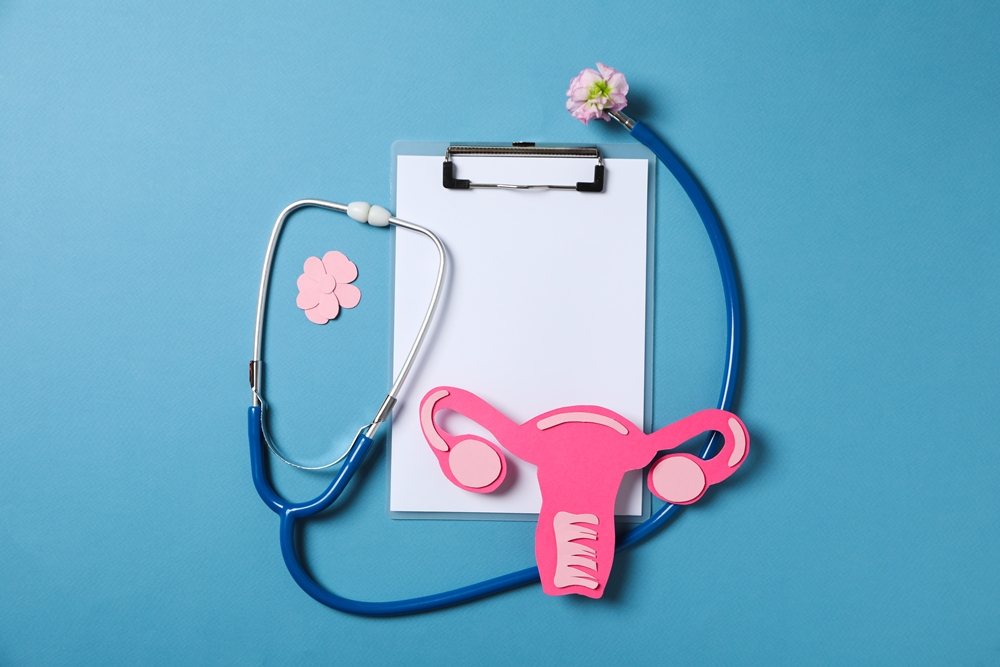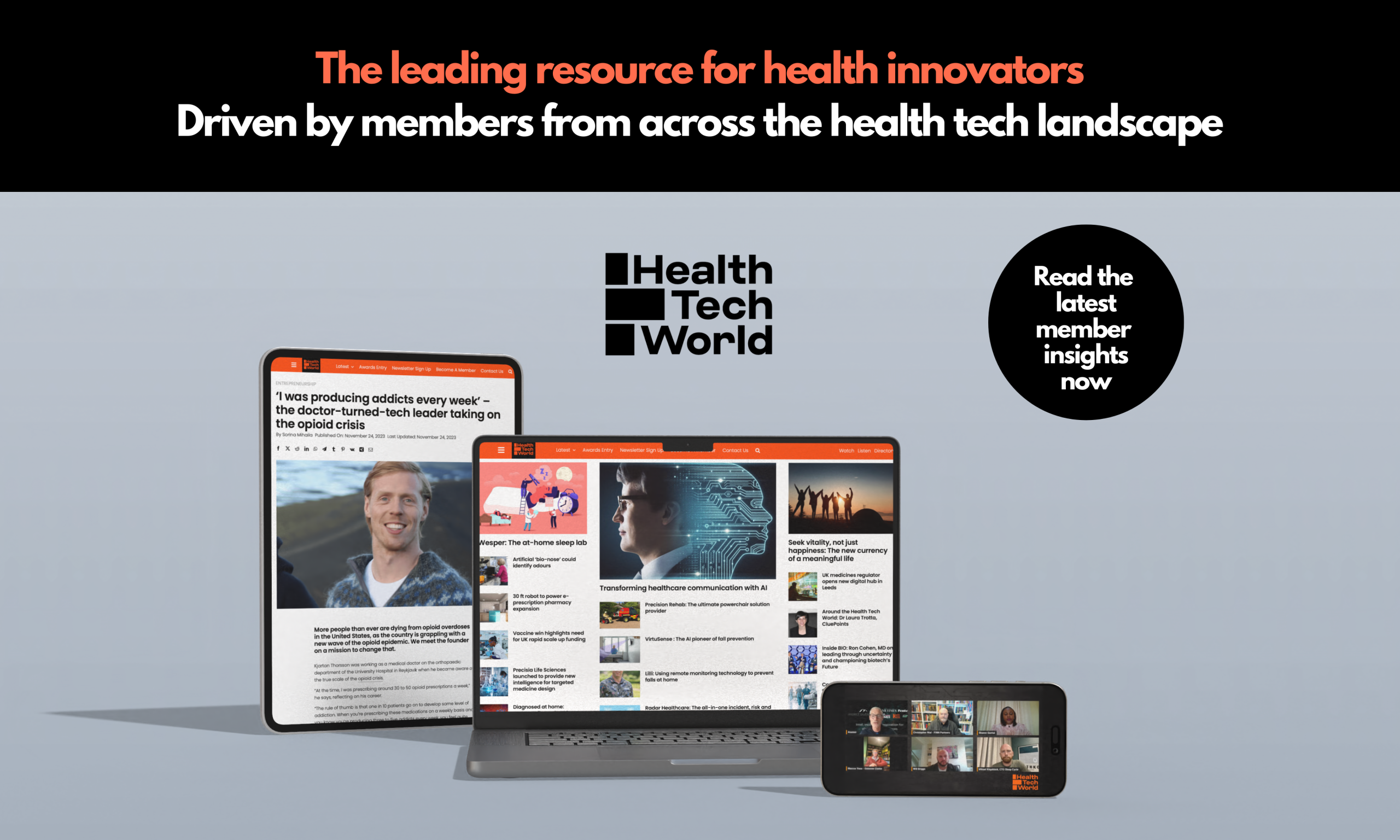Consumer research reveals growing impact of reproductive health misinformation

Misinformation about reproductive health is a major concern for almost three quarters of British women, yet 44 per cent admit they do not fact-check medical information they see online, new data has revealed.
The findings in a survey, conducted by women-led period and cycle tracker Clue, paint a clear picture of the impact medical misinformation has on British women.
The survey, which polled 2,000 women, found that many struggle to find accurate and truthful information about reproductive health.
Over half (55 per cent) of Gen Z and millennial respondents reported relying on unverified sources like social media to understand their reproductive health, while 45 per cent admitted they had followed at least one unqualified “healthfluencer” for advice on periods, hormones, or fertility.
Chat GPT (52 per cent), Instagram (49 per cent) and TikTok (47 per cent) were the most commonly used platforms by this generation to find out more about reproductive health.
The findings cement a clear need for better education, access, and tools that centre around science and data.
Louise Troen, Chief Marketing Officer at Clue, said: “This consumer data highlights both the complexity and the opportunity in advancing reproductive health education.
“Our commitment to connecting the dots between personal feelings, intelligent symptom tracking and science-based insights, has never been more important and we are proud to offer a product which – through rich data and world class academic research – empowers millions of women to better understand their bodies and make confident, informed choices.”
As the data shows a growing need for science-based reproductive education, Clue today announces the appointment of Dr Charis Chambers MD, a board-certified OB-GYN and widely respected health educator, as its new Chief Medical Officer.
Known for her evidence-based and approachable voice on social media as “The Period Doctor,” Dr Chambers brings deep clinical expertise and a passion for health equity to Clue’s mission.
Dr Chambers said: “Too many women and people with cycles are left in the dark about what’s happening in their own bodies.
“They’re misinformed, dismissed, or confused, especially when it comes to conditions like PCOS or major transitions like menopause.
“I believe everyone deserves access to clear, credible, personalised care, which is why I’m proud to partner with Clue – a brand built on a foundation of science, credibility, and trust.”
When it comes to menstrual cycles, 27 per cent don’t know when they are most fertile and a quarter (25 per cent) are unable to correctly name all four stages of the menstrual cycle – menstruation, ovulation, follicular phase and luteal phase.
1 in 6 women are unable to identify whether their cycles are irregular or not.
1 in 5 women believe you can’t get pregnant during your period – a common fertility myth.
20 per cent say they mistrust the information they are exposed to about hormonal contraception and a further 19 per cent claim this has made them less likely to use it.
More than half (51 per cent) of women say they wish they had learned more about fertility earlier.
These knowledge gaps have real-world consequences.
Over a third (34 per cent) of women report feeling confused or anxious (19 per cent) after encountering conflicting health information online.
The impact isn’t just mental either.
For women living with polycystic ovary syndrome (PCOS) – a condition that affects 1 in 10 and is a leading cause of infertility – misunderstandings about the menstrual cycle can mean years of delayed diagnosis and treatment.
Clue’s survey highlights how common this problem is, as more than 1 in 4 women (26 per cent) reported having a reproductive health concern dismissed as “normal” by a provider, only to later discover it was anything but.
This new picture of the lack of knowledge, information and accurate insight reinforces the critical role of science-based, research-led companies in the space to provide scientifically credible, and medically sound guidance, to women today.
Digital tools such as Clue play a vital role in helping to close the knowledge gap and empowering women to better understand their health.
Clue’s own data strongly demonstrates the value of accessible, science-based information as 90 per cent of users say using the app has helped them gain a better understanding of their body and cycle patterns.
With the appointment of Dr Chambers alongside Clue’s existing team of in-house scientists, the brand is continuing to empower women and people with cycles to take control of their reproductive health at every stage of life.
To mark the partnership, Dr. Chambers will be tackling some of the most common period and cycle myths in a no-nonsense video across her Instagram channel.
To learn more about Clue and access evidence-based women’s health education, visit helloclue.com.







